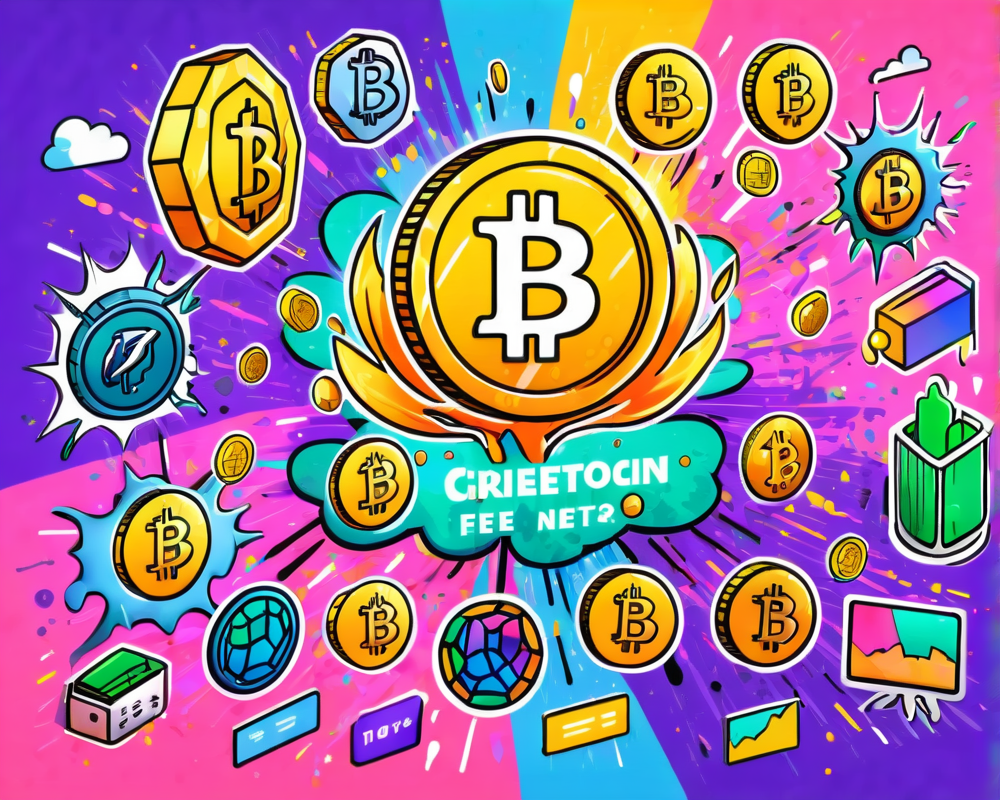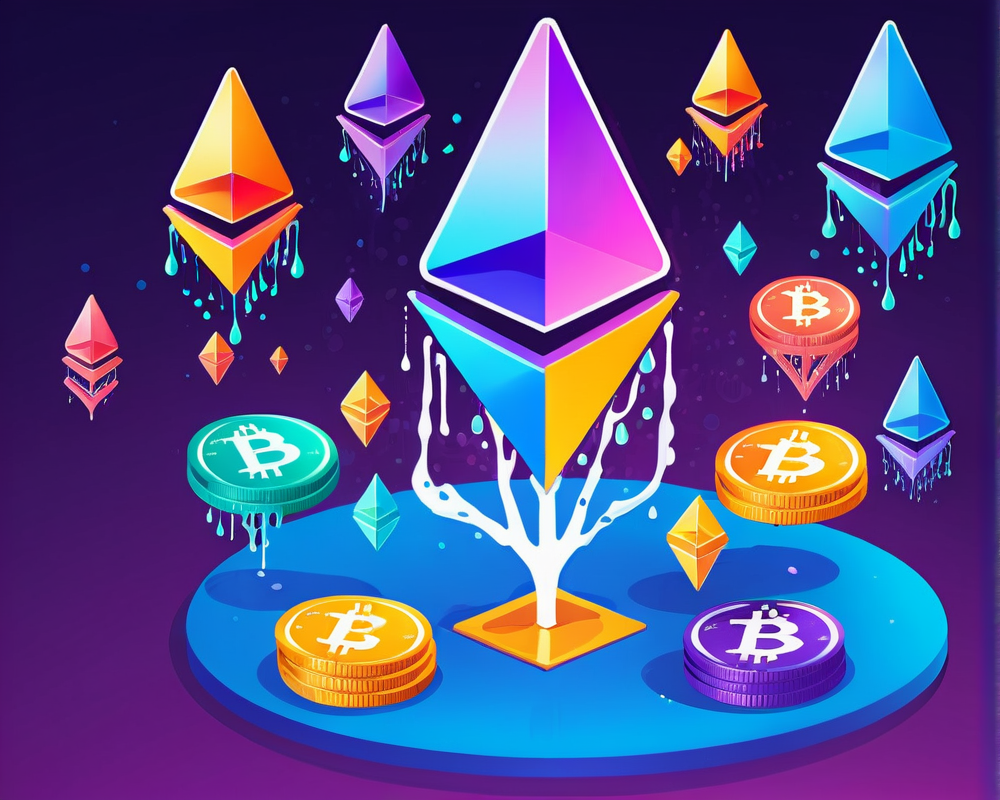Cryptocurrency Listing Fees: A Foggy Landscape
In the world of cryptocurrencies, there’s a great deal of noise surrounding listing fees. While stock exchanges like the Nasdaq and NYSE provide clear information about their fees, crypto exchanges operate in a haze of ambiguity. Take Blockstack’s recent filing with the U.S. SEC, for example. The document disclosed a hefty $250,000 payment to Binance for the STX token’s listing, yet Binance swiftly denied this was a listing fee. Confused? You’re not alone.
Case Study: Blockstack and Binance
In what many see as the soap opera of the crypto world, Blockstack claimed its payment to Binance was purely a long-term arrangement for keeping the token listed for a year. The plot thickens as Blockstack plans three more payments totaling around $1.1 million over four years. Binance, however, insists that this isn’t a listing fee but an incentive proposed by Blockstack itself. Blockstack’s CEO Muneeb Ali went further, clarifying that the standard listing fee—dubbed the “Technical Integration Fee”—is non-existent. Talk about throwing a wrench in the works!
The Wild Wild West of Crypto Exchanges
The cryptocurrency space resembles the Wild West more than a regulated financial marketplace. Reports suggest various exchanges engage in dubious practices like wash trading, inflating trading volumes, and demanding lofty fees to list new tokens. With some exchanges appearing to pump and dump tokens after charging significant sums, it’s a jungle out there.
What Do Crypto Giants Claim?
In an ironic twist, Binance made headlines back in 2018 by vowing to donate all listing fees to charity. But with Blockstack’s recent payments, one is left wondering where those benevolent dollars are going. Binance’s PR team spun a yarn about marketing fees intended for future promotions. A statement that raises more eyebrows than it soothes.
Echoes from Other Exchanges
Meanwhile, other exchanges like OKEx and Kraken assert they do not charge listing fees, yet they mention the need for due diligence and administrative costs. OKEx’s leader explains it is a balancing act between supporting token diversity and maintaining integrity. Kraken’s spokesman acknowledges the risks involved with listing assets, suggesting transparency is sorely needed in the listing process.
The Controversy Continues
With critics like Ethereum co-founder Vitalik Buterin openly attacking the practices of centralized exchanges for their lofty fees, the debate becomes increasingly heated. For some, the existence of these fees is anathema to the libertarian ideals that underpin cryptocurrency philosophy. It’s a classic case of “if you can’t beat them, join them,” but we’re not quite sure how to handle that hypocrisy.
Conclusion: Clarity Needed
The controversy surrounding listing fees exposes a significant gap in the crypto exchanges’ operational transparency. By shifting the focus from fees to project quality, exchanges like Binance claim they prioritize merit over money. But, as long as reports of exorbitant fees and suspicious practices circulate, the call for clarity—and perhaps stricter regulation—remains strong.




